The first time I heard about it was from my aunt a few years ago. Then I kept hearing about it, here and there and everywhere!
It sounded kind of strange. And scary-- what about botulism? So I did some research.
The FDA discourages canning butter, as do the USU Extension offices around the country, because of the risk of botulism growth in canned butter. HOWEVER, it looks to me that this is a case of erring on the safe side. They, as government entities, are very averse to any kind of risk. Botulism has about a 10-17% death rate in those who get it, though with the low incidence of this kind of food poisoning, it translates to 2-4 deaths in the US per year. Lightening kills way more people (about 55-75/yr).
Botulism does not grow if the water "activity level" is below .94; salted butter has a water activity rate of .91-.93. The added salt helps 'tie up' the water, making it unavailable. That should be in the perfectly safe range, but is apparently too close to comfort for the FDA, who require a water activity rate of .85 in commercially-sold foods. I would not can unsalted butter; its water activity rate is .99 or higher. Another option is to make the butter into ghee before canning, well-made ghee has no water remaining in it. I wasn't able to find what the water activity rate of ghee is, but logic leads me to believe it is under even the FDA comfort range. I've canned both salted butter and ghee. I'm more comfortable with the ghee.
If you'd like to read more about it to decide if canning butter or ghee is okay with you, here are some of the sources I learned from:
http://www.ecolab.com/our-story/our-company/our-vision/safe-food/microbial-risks/c-botulinum
http://books.google.com/books?id=ylWey_KBv7UC&pg=PA337&lpg=PA337&dq=%22water+activity%22+of+%22salted+butter%22&source=bl&ots=18uZLS840j&sig=W8RCozWeTS_FcDIa-MkuRJPJu6I&hl=en&sa=X&ei=jeYFUcTWEc6tygHixICQDA&ved=0CEQQ6AEwAQ#v=onepage&q=%22water%20activity%22%20of%20%22salted%20butter%22&f=false
http://www.ncbi.nlm.nih.gov/books/NBK50952/ )
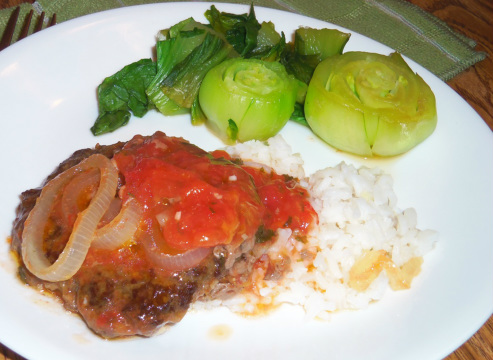

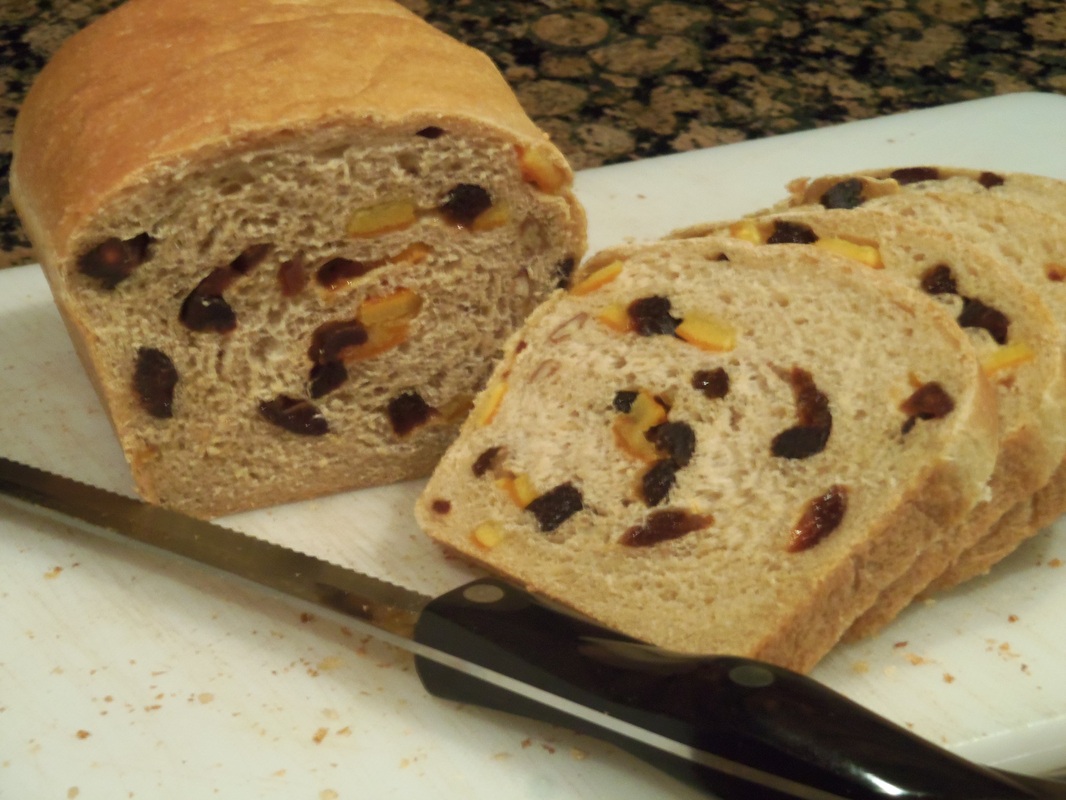
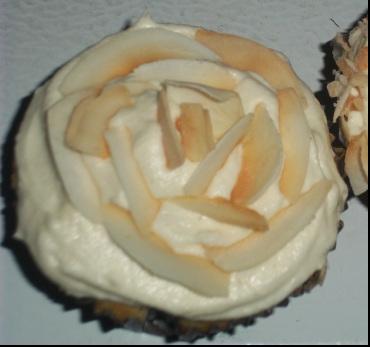

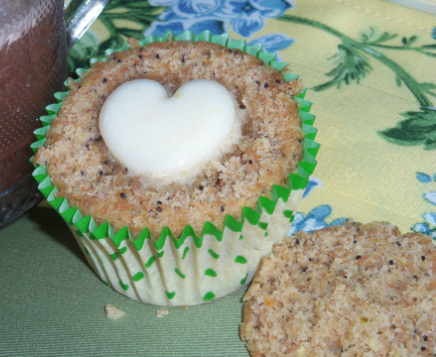
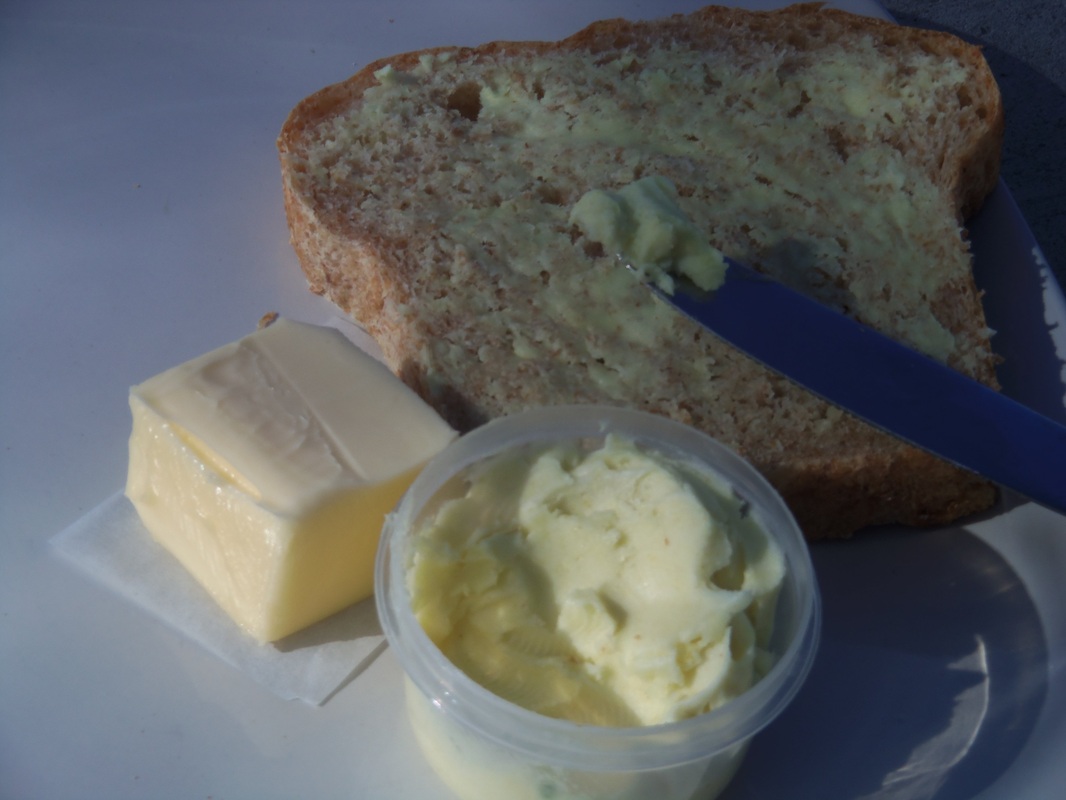
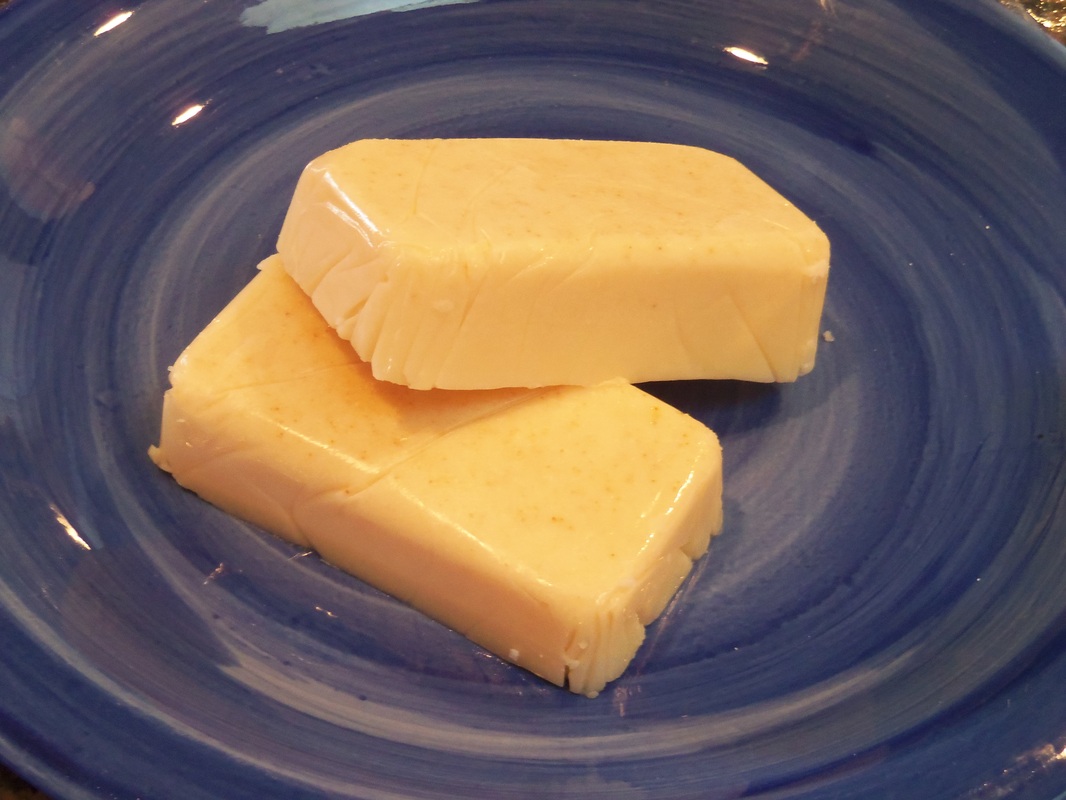






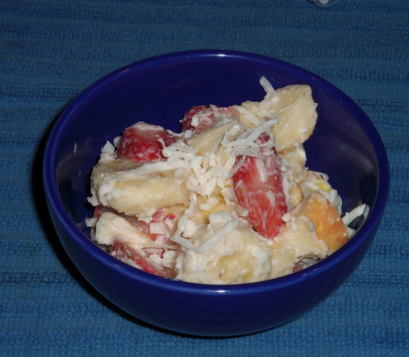
 RSS Feed
RSS Feed